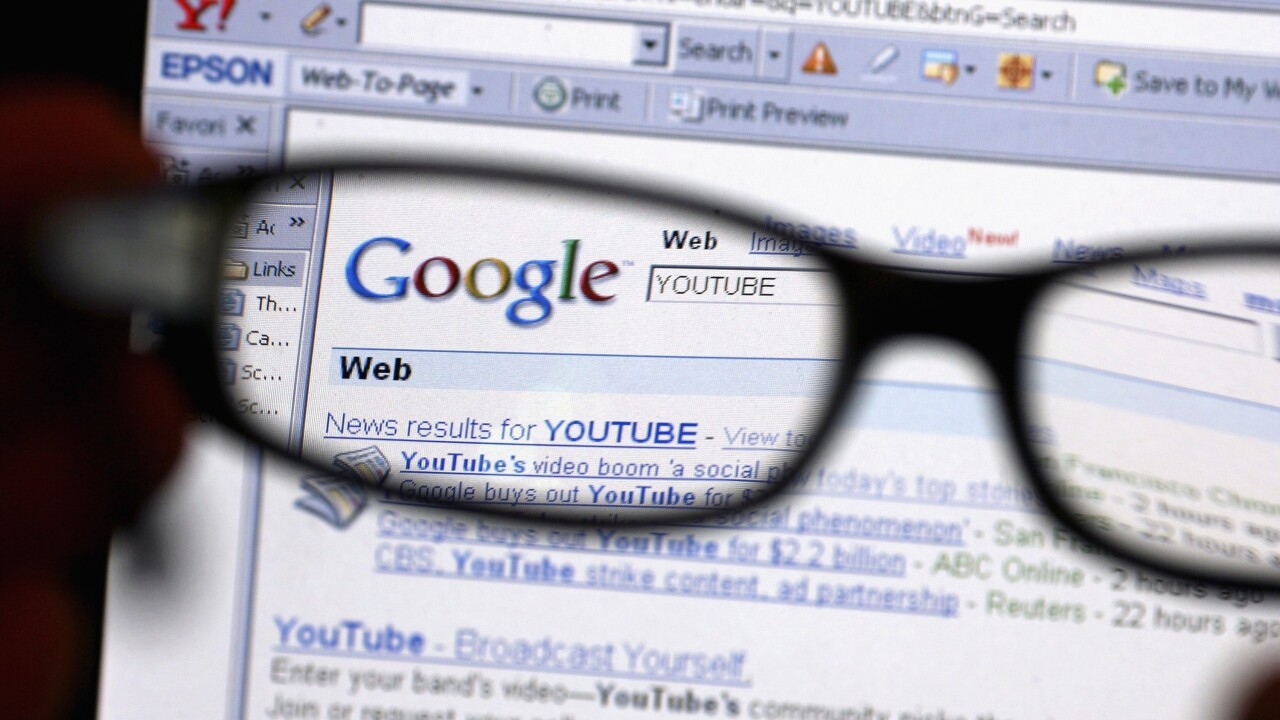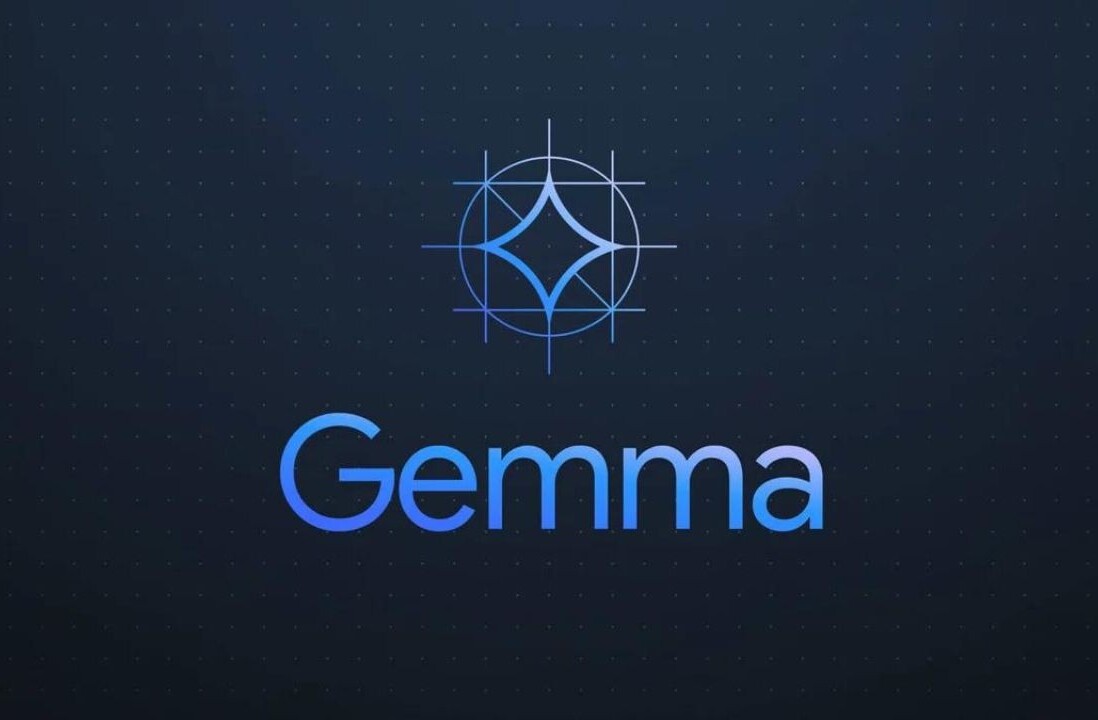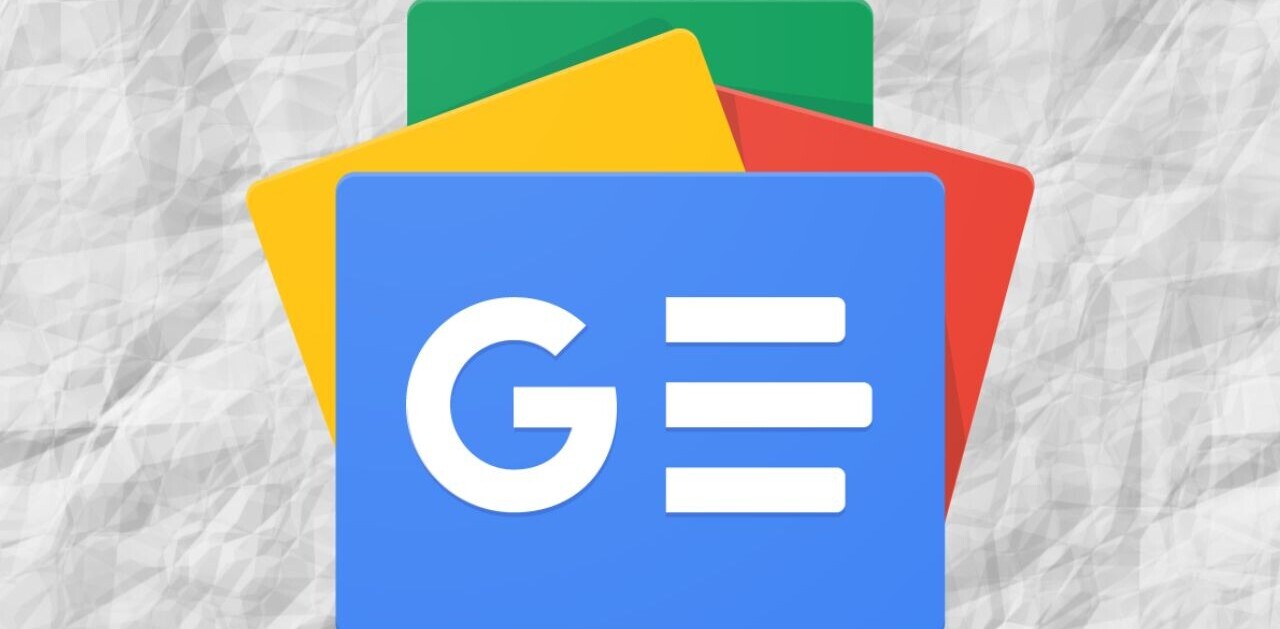
There’s something special about September 27, at least as it relates to one of the technology industry’s biggest players. It marks the 15th anniversary of Google’s founding* and the company has highlighted the occasion by revealing several updates to its search algorithm. But how has search, the cornerstone of all things Google, changed over the past decade and a half?
We decided to take a look at 10 things that have influenced, affected, or marked Google’s tenure as the dominant search engine on the Internet. In no way is this meant to be a definitive or comprehensive list. It’s also in no particular order.
1. Google online
Of course we can’t start without mentioning perhaps the biggest milestone in Google’s search history: its founding. Back in 1997-1998, co-founders Larry Page and Sergey Brin began the process of incorporating the company from a garage in Menlo Park, California and days later registered the domain Google.com. The concept behind the service, a play on the word “googol” was to show that it was possible to organize all the infinite amount of information on the Web in a constructive manner that helped users get the answers they needed.
2. Getting its “foot in the door,” thanks to Yahoo
Until around 2000, Google remained relatively unknown in the mainstream search industry. Top billing belonged to Yahoo, one of the oldest search engines since its founding in 1994, and it was this company that brought Google into the limelight with a search partnership — Yahoo abandoned Inktomi and powered its organic search results through Brin and Page’s service. Interesting how things ultimately wound up 15 years later.
The two companies eventually found themselves in a variety of disputes, including one involving technology patents. In 2004, Google and Yahoo would settle one involving patents from its Overture Services subsidiary, where Google issued 2.7 million shares of its Class A stock to Yahoo. The result led to the creation of Google AdWords.
3. Monetizing search with a do-it-yourself model
In older times, when there were search engines like Lycos, Ask Jeeves, and Excite, how could these companies make money off people using the service? Certainly the clear answer was banner advertisements — this ad format was a big hit in the late 90s, but after a while, no one clicked on them anymore. So now how could the search companies and advertisers make money?
Google kicked off its AdWords product in 2000 with 350 customers and the premise seemed almost a novel one — instead of communicating with the publisher to manage your online advertising affairs, brands could do it themselves, saving them time, energy, and cost.
And to make it more appealing, AdWords happened to include a personalization approach whereby ads would be catered towards the search query, not based on random rotations. Furthermore, Google would see increased revenue by utilizing an auction price method whereby the higher you bid, the better placement your text ad would have.
The idea sprung to life a new industry and Yahoo and Microsoft quickly followed suit. It certainly has brought in a significant chunk of change to Google — its total advertising revenues in 2012 was $42.5 billion.
4. Microsoft + Yahoo > Google?
Not content with Google’s dominance in the search industry, Yahoo and Microsoft joined forces in 2010 to implement a massive search alliance whereby Yahoo’s algorithmic and paid search platforms would be powered by Microsoft. Also part of that deal was Yahoo becoming the “exclusive relationship sales force” for both companies’ premium search advertisers worldwide.
This agreement was so significant, it required the approval from both US and European Union regulators, which was given in early 2010.
How well did that wind up working out? It’s not entirely clear, but Yahoo did extend the revenue per search guarantee portion of its partnership for a 12-month period starting April 1, 2013 (no, it wasn’t a joke). However, when Marissa Mayer took over as the head of Yahoo, she said that the agreement was not delivering the market share gains or revenues that it should.
The Microsoft-Yahoo partnership was officially terminated as became no longer exclusive earlier this year when Yahoo decided that it liked Google a bit better and signed a “global, non-exclusive contextual advertising deal” with the Mountain View, CA-based company.
Sorry, Microsoft.
5. Why isn’t my website ranked higher?
Google has defended itself in multiple brought against it by companies that felt that the search engine giant was engaging in deceptive practices and preferential treatment.
In March 2006, the parental advice Internet site KinderStart filed a lawsuit against Google alleging that the Mountain View-based company manipulated the “Page Rank” that was assigned to KinderStart’s website. The company claimed that Google violated the Second Amendment, Sherman Antitrust Act, and basically engaged in “religious and political discrimination”.
The case was ultimately tossed out by US District Judge Jeremy Fogel in San Jose who said the plaintiff failed to state a claim and also that Google’s “Page Rank” was not an actionable statement of fact, but rather a construct:
Kinderstart’s argument that it is mathematically impossible to assign a Page Rank of zero presumes that Google in some way has represented that Page Rank is a purely objective measure. As discussed above, PageRank is a creature of Google’s invention and does not constitute an independently-discoverable value. In fact, Google might choose to assign PageRanks randomly, whether as whole number or with many decimal places, but this would not create “incorrect” PageRanks.
Other companies have complained about Google’s alleged manipulation of rankings, including during a US Senate antitrust panel in September 2011. Yelp’s CEO Jeremy Stoppelman testified then that sites needed to play nicely with Google because it is the gateway to so many users: “Google forces review Web sites to provide their content for free to benefit Google’s own competing product — not consumers,” he said. “Google then gives its own product preferential treatment.”
In response to criticism that his company has been manipulating (“cooked”) algorithms so that Google services ranked somewhat high in search results, Google’s chairman Eric Schmidt responded by saying on the record: “Senator, I can assure we haven’t cooked anything.”
6. Rise of the Knowledge Graph
In today’s era of platform and big data, every major industry player need to have some sort of graph — Facebook has the Social Graph, Eventbrite has the Event Graph, LinkedIn is working on a Economic Graph, and so Google has the Knowledge Graph.
Pulling in information from sources like the CIA World Factbook, Freebase, Wikipedia, Google’s Knowledge Graph is perhaps akin to the likes of Ask Jeeves and Wolfram Alpha. Some have said that this platform has helped Google move closer towards the semantic Web, whereby the search engine will be intelligent enough to decipher complex queries instead of literally what was typed in the display field.
It’s estimated that the Knowledge Graph holds more than 570 million data points of the most searched-for people, places, and things on the Internet, along with 18 billion cross-references. Google has integrated this database into its many offerings, including Google Now.
7. Is this the image you’re looking for?
At one point, the only way to search for something on the Internet was to describe it using words. But what if you have an image and you want to look up more information about it or find similar ones? In 2011, Google unveiled its Image Search capability where you can use a snapshot as your search query.
The notion was simple: when you want to look up more information about a topic, but only have an image to describe it, Google lets you drag and drop it onto the site and it will show you related search results.
8. Helping people make money on their websites
While Google was enabling advertisers to market their wares on its website (which has tremendous traffic, if you weren’t aware), something else was amiss. In 2003, the company launched a new program called AdSense, which brought its advertising efforts away from a closed system and expanded it to third-party websites.
Anyone could install these ads on their websites in order to make money, instead of relying on banners that probably no one clicked. Google was the company responsible for administering, maintaining, and dealing with all the advertisements and it allowed advertisers a new opportunity to get their message to interested consumers on high valued websites. Imagine searching for photography resources, going to a website, and seeing an ad for a Canon camera or for photography lessons — this is what Google intended, and publishers paid attention.
Google has made AdSense available for a variety of its services, including content, feeds, search, mobile, domains, and video.
In 2012, AdSense generated $2.88 billion (27 percent of the company’s total revenue).
9. When did Google have a monopoly?
It shouldn’t surprise anyone that Google has been said to have a monopoly on the search market and the US government almost came close to suing Google. In 2013, the company has avoided one thanks to a deal with the Federal Trade Commission and ended a two-year investigation into the company’s search activity.
Competitors like Microsoft and Yelp had petitioned the government to move forward with a lawsuit saying that it was clear there was enough to go after the company on antitrust charges. But because of the deal, Google avoids having to deal with the same issue Microsoft went through in the 1990s. As reported by TIME:
Google will make a set of voluntary commitments to change certain search practices. The company will also enter into what’s known as a consent decree — which is a binding judicial order — over allegations that it misused smartphone patents to thwart rivals.
Clearly Google isn’t immune to antitrust investigations — it faced one in November 2010 in the European Union, brought on by the European Commission responsible for competition. The EU’s Vice President Joaquin Almunia sent an ultimatum to Google’s chairman instructing him to respond to four areas where the EU felt the company was abusing its position. Schmidt responded to the communique and the issue has not been settled, although Google has made an offer earlier this month to try and resolve the matter.
According to comScore, Google’s search market share was 67 percent in July 2013, an increase of 0.3 points. Its nearest competitor was Microsoft Bing, which has 17.9 percent.
10. Search on the go
Amid all the new tools, products, devices, and services Google is unveiling, one thing remains abundantly clear: the data that is being consumed and provided all gets entered into the company’s giant search algorithm to help make it better and provide enhanced contextual answers. Just look at the different ways we do search, whether it’s on our computer through Google.com, the browser’s address bar, or through a mobile device or app.
Google was one of the first companies to bring search to the mobile device — it has apps for iOS and Android. Users can also Google Now on their Android device or through its Chrome application. As the company’s Senior Vice President Amit Singhal said earlier today, when Google first got started, the only way to really find answers on the Internet was to go to your desktop computer. There wasn’t a way to quickly search for movie show times, map directions, background information on something you’ve been pondering, or anything for that matter.
And people are taking a shining to it — in August, eMarketer estimated that Google was generating nearly one-fifth of its US ad revenue just from mobile searches. In short, mobile is a win-win-win for everyone: for the consumer, the advertiser, and Google.
Search has evolved away from simply being a display text box to being more of a platform, powered by the Knowledge Graph and its integration with Gmail, books, YouTube, Google+, Docs, or even Maps. However, in doing so, Google must also balance its mission of collecting data against its motto: “Do No Evil”. While the data it consumes is important to its survival and also helpful to others, there are those that do not want the invasion.
Google has released tools and browser plug-ins and settings designed to avoid its service from tracking user data, but still consumers are wary of what the company says. And with the news about the US government’s Prism surveillance program, Google is in the thick of things — it’s trying to show users that it’s not involved and has been moving to make all search queries secure — with the exception of ad clicks, of course.
Update: This post has been amended to include corrections made regarding Microsoft and Yahoo’s partnership.
Photo credit: Jeff J Mitchell/Getty Images, Justin Sullivan/Getty Images, Chip Somodevilla/Getty Images, and Ralph Orlowski/Getty Images
* While Google says September 27 is its birthday, it’s named as the “official date”, even though Page and Brin filed for incorporation on September 4, 1998. The company was established three days later, and the domain registered on September 15.
Disclosure: This article contains an affiliate link. While we only ever write about products we think deserve to be on the pages of our site, The Next Web may earn a small commission if you click through and buy the product in question. For more information, please see our Terms of Service.
Get the TNW newsletter
Get the most important tech news in your inbox each week.












